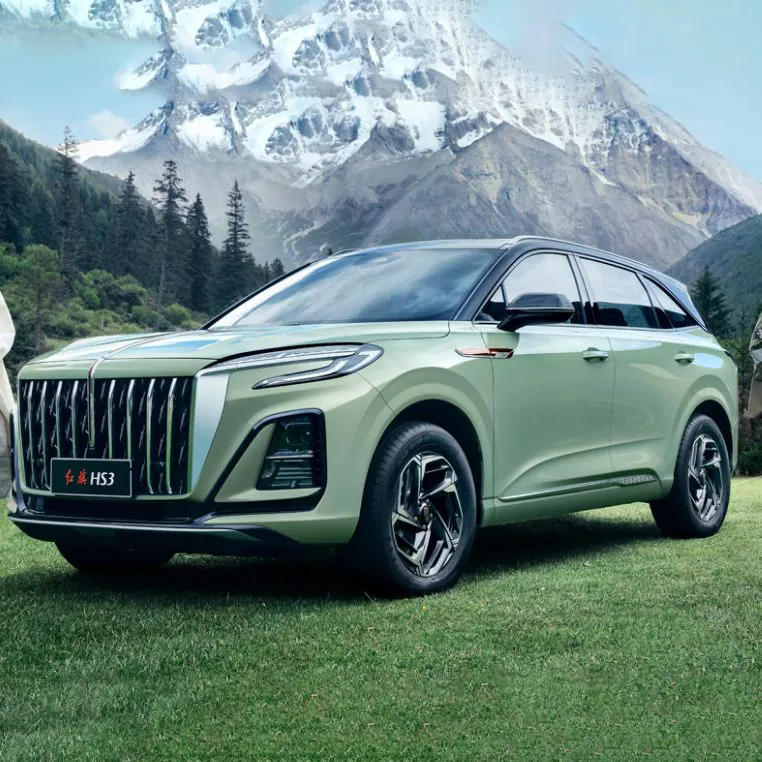Fuel Vehicles: What You Need to Know
2025-06-13
When we say “fuel vehicle,” we usually mean cars, trucks, or any ride that runs on fuel — like gasoline, diesel, or sometimes even alternative fuels. These vehicles are still super common everywhere, and they keep the world moving, literally!

So, What’s a Fuel Vehicle?
It’s pretty simple: a fuel vehicle is any vehicle powered by burning fuel inside an engine. Most often, that means gasoline or diesel engines. You put fuel in the tank, the engine burns it, and voilà — your car moves.
Why Are Fuel Vehicles Still a Big Deal?
Even with electric cars getting more popular, fuel vehicles aren’t going anywhere anytime soon. They’re reliable, often cheaper upfront, and there’s a massive network of gas stations ready to fill you up almost anywhere.
Pros of Fuel Vehicles
Quick refueling — you’re usually done in a few minutes.
Generally longer range on one tank compared to some electric cars.
Plenty of choices and models out there.
Well-known technology with lots of repair shops.
Cons? A Few
They produce emissions, which isn’t great for the environment.
Gas prices can fluctuate a lot.
Regular maintenance like oil changes and filters are needed.
What About Alternative Fuels?
Some fuel vehicles run on things like ethanol, biodiesel, or even compressed natural gas. These options can be a bit cleaner or more efficient, depending on where you live and what’s available.
Final Thoughts
Fuel vehicles have been around for over a century, and they’re still a big part of how we get from point A to point B. Whether you’re cruising a gas-powered sedan or driving a diesel truck, these vehicles offer convenience and reliability.
Got questions about fuel types or want tips on keeping your fuel vehicle running smooth? Just ask!


